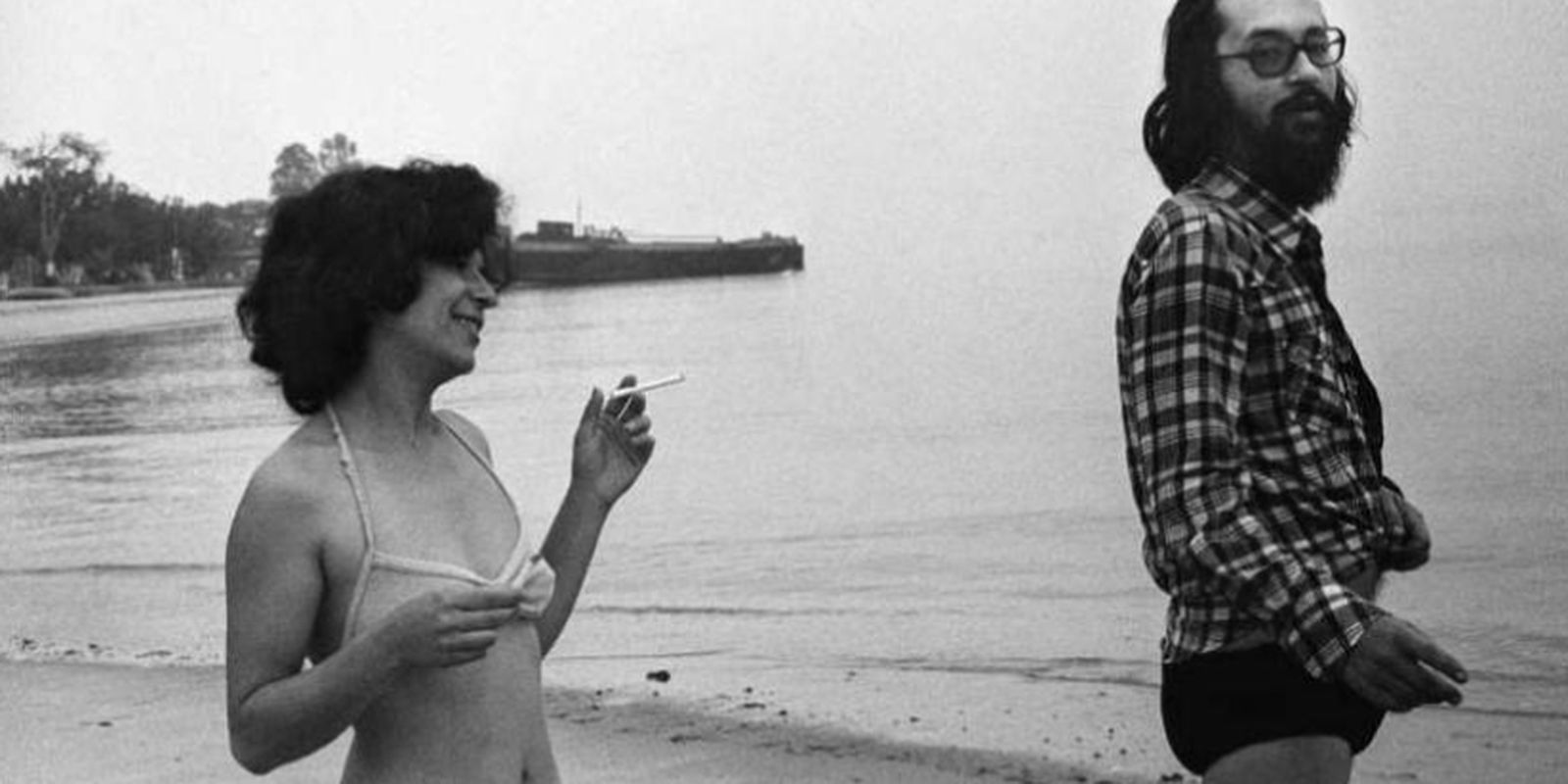He was not contemporary with the internet, but his work can be related to it, due to the variety of styles and references. Marked by the drive to constantly create, he is, to this day, seen as a highly productive figure, who went from poet to judoka, contradicting the opinion of those who think that those who develop very diverse activities do everything mediocrely or leave some unfinished.
The person described is the writer and poet from Curitiba, Paulo Leminski, who would have turned 80 this Saturday (24). On account of the date, his family, who still dedicate many, many hours to preserving his memory, organized the Paulo Leminski Festivalwhich will be held in the quarry that bears his name, also today. The event will bring together names such as Arnaldo Antunes, Paulinho Boca de Cantor, from the band Novos Baianos, and A Banda Mais Bonita da Cidade, all playing compositions by Leminski. The proposal is to bring together different generations that influenced his creative processes.
The program also includes a literary fair, graffiti intervention and workshops. On the afternoon of this Friday (23), the three batches of tickets were sold out and there was a waiting list of a thousand people.
Many people are unfamiliar with Leminski’s musical compositions, mainly because the tendency is to attribute authorship to the performer of the work. In the case of the Curitiba native, the partnerships included names of music giants, such as Itamar Assumpção and Caetano Veloso.
playful father
These are the statements of one of the daughters of the writer and poet Alice Ruiz, the writer and musician Estrela Ruiz Leminski, who was 8 years old when her father died. It cannot be said that she knew him so little because, although she was young when he passed away, their relationship grew longer and stronger over the days, sprinkling everyday life with a mutual affection and a certain degree of humor.
While his mother worked outside the home as an advertising professional, he worked at home, where he took care of Estrela and could be “an obsessive person, who worked all day”.
The musician says that her father was the first person to encourage her to create her own inventions in the field. “He was the first person to put a guitar on my lap and say: ‘Let’s make a composition'”, she says.
Sometimes Estrela would wake up in the middle of the night, and her father would put The Fat and the Thin so that she could watch it until she fell asleep again. In addition, Paulo Leminski loved horror comics and would read them to her, which irritated his mother, and he taught his children to throw knives and stick them in walls. “He loved westerns, he had that. I remember him taking me to see wrestling, when I was little. He was a big boy Paulo. That’s what stayed with me,” she recalls.
Estrela recalls that her father was a scholar of several languages and cultures, such as Japanese, and that one of his unique qualities is his rapid poetry. “Every time they try to put a label on my father, he slips up,” she says, explaining that this is because he sought to learn about numerous cultural movements and other fields, such as geography.
“We have always felt the need to bring all facets and complexities to people,” he emphasizes.
One side of Paulo Leminski that has been explored but little recognized is his music. One of the reasons why some of his works were hidden was the prohibitions imposed by agents of the dictatorship established by the 1964 coup.
“Recently, unreleased songs by my father with Ivo appeared [Rodrigues] that the Shielding [banda de rock em que Ivo era vocalista] I was going to record it, but it had been censored, it had been vetoed by the censors, during the dictatorship [civil-militar]. It was something that was left on hold”, explains the writer’s daughter. According to her, her family intends to further organize the items that make up Paulo’s biography, including a system with terms that facilitate searches.
“They kept on keeping on. They recorded the ones that were authorized, but there are unreleased songs. There is all this material that we are still organizing and the idea is to do a new redigitization, because technology has advanced absurdly in the last ten years”, he adds, clarifying that website which now hosts the festival will give way to the Paulo Leminski Institute, managed mainly by his sister, Áurea Leminski.
Estrela’s life and work partner for 22 years, musician, producer and composer Téo Ruiz admits that, when they first met, he had no idea of the greatness of Paulo Leminski’s work. Today he realizes how he knew how to handle the simple, when this is, in fact, something complicated to do. Ruiz, who has even coordinated an exhibition, Leminski Multiplestill relates the creations of the Curitiba native to those of Dorival Caymmi from Salvador and Lenine from Recife.
Estrela prepared and released, in 2014, the double album Leminskantionswith unreleased songs by Paulo Leminski and some of his partners, launched in 2014. The project also resulted, a year later, in a songbook with more than 100 songs by Leminski. Renowned artists, such as Moraes Moreira, Zélia Duncan and Zeca Baleiro, participated in the initiative.
One of the feelings that currently exists, Estrela points out, is that she and her family are “managing the career of someone who is no longer here.” However, there are limits. Her mother, Alice Ruiz, refuses to give interviews about her partner, reaffirming her position as a woman who does not allow herself to be turned into an accessory or someone lesser, who merely helped a man achieve notoriety.
“She says: my daughters play the boat [em torno das obras de Paulo Leminski] and I want to give an interview about my work, because I’m still producing it”, says Estrela. “Since the first book, she was with him when he published it and followed a good part of the production and another book he sent to my mother before sending to [editora] Brasiliense. And he left an organized book, which is The Former Stranger. My mother was there, on sitesaying what was going through his head,” he adds.
According to Estrela, the person responsible for publishing the book All Poetry it was his mother. “It was an act of love, of following every little stain on the paper, in the editing, even to reproduce that chaotic and frenetic thing of writing, producing the stain on the paper and having the maximum amount of poetry per page, to be something popular and cheap. We worked so that it would be something definitive and impactful”, he says.
For Téo Ruiz, what Paulo Leminski left behind was a long-lasting and impressively contemporary gift. “He was an entire world.”
















